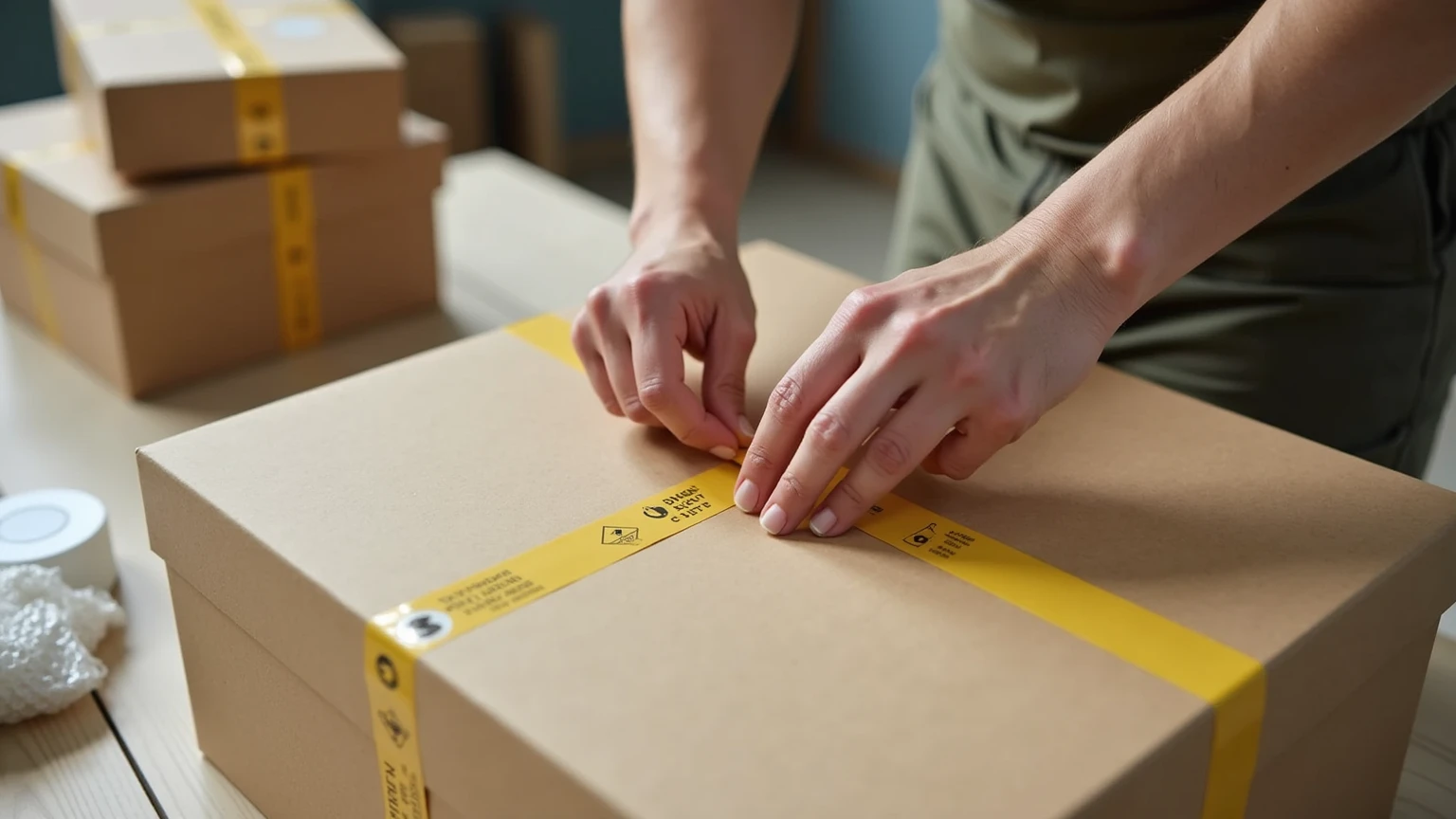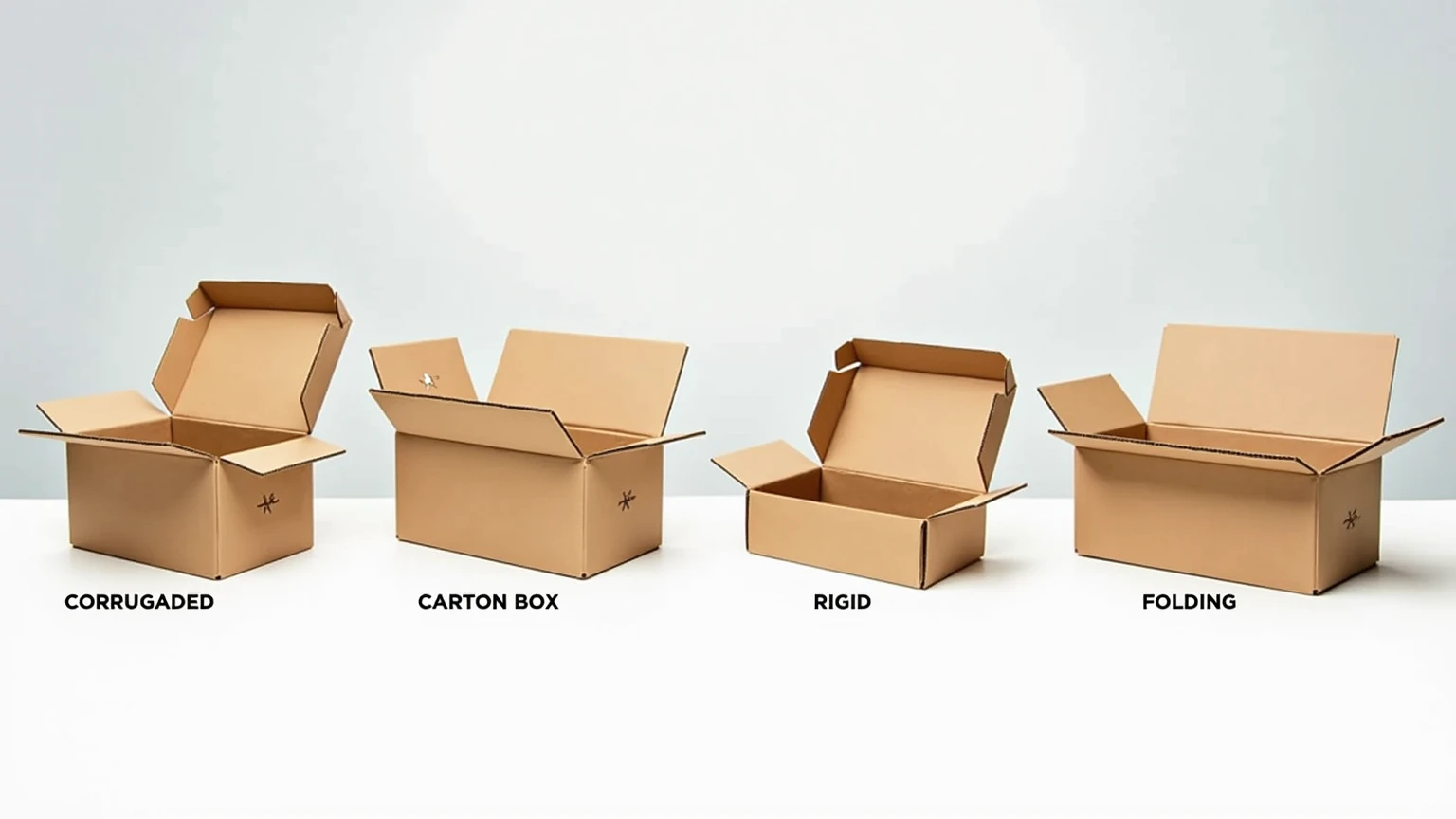Carton boxes are essential packaging solutions made from various materials, primarily cardboard and paperboard. Designed for storage, protection, and transportation of goods, these versatile containers come in multiple shapes and sizes, catering to an assortment of uses across different industries. Understanding the types and applications of carton boxes can greatly enhance how you pack, store, and ship products, ultimately leading to greater efficiency in logistics and supply chain management.
The evolution of carton boxes dates back to the early 19th century. The first paperboard box was introduced in the United Kingdom in 1817, providing a lightweight and eco-friendly alternative to wooden crates. With the advent of corrugated cardboard in the late 19th century, carton boxes gained durability and strength, revolutionizing packaging and shipping practices.
Carton boxes serve as a crucial component in the packaging industry. They help protect products during transportation and storage, contribute to brand perception through customization, and provide consumers with an easy unboxing experience. Additionally, carton boxes are often recyclable, addressing contemporary environmental concerns.

Corrugated carton boxes are made from multiple layers of cardboard, combining strength and lightweight properties. Typically used for shipping and storage, these boxes can withstand significant impacts and ensure that their contents arrive at their destination undamaged.
 Corrugated carton boxes are ideal for shipping larger items.
Corrugated carton boxes are ideal for shipping larger items.
Folding cartons, also known as paperboard boxes, are lightweight and flexible. They are commonly used for retail packaging, such as cereal boxes or cosmetic containers. Their ease of assembly and customization allows businesses to create eye-catching designs that enhance product visibility on shelves.
 Folding cartons are used mainly for retail packaging.
Folding cartons are used mainly for retail packaging.
Rigid boxes are sturdily constructed and do not fold flat like other carton types. These boxes are often utilized for luxury products, including cosmetics, electronics, and gifts. Their durable design provides a high-end unboxing experience.
 Rigid boxes provide an upscale packaging experience.
Rigid boxes provide an upscale packaging experience.
Mailer boxes are designed for shipping items directly to consumers, ideal for e-commerce businesses. They are easy to assemble and close securely, often featuring built-in padding to protect contents during transit.
 Mailer boxes are perfect for e-commerce shipping.
Mailer boxes are perfect for e-commerce shipping.
Specialty boxes encompass a variety of shapes and sizes tailored for niche markets. Examples include bottle packaging, bakery boxes, and custom-shaped boxes for delicate items. Their unique designs cater to specific requirements, ensuring that products are well-protected.

Carton boxes are extensively utilized in shipping and logistics due to their protective qualities. Corrugated boxes can handle significant weights and resist moisture, making them the go-to option for transporting goods across different distances.
Whether for personal use or commercial purposes, carton boxes provide efficient storage solutions. They can be easily stacked, labeled, and stored in various environments, ensuring that items remain organized and safe.
In retail and e-commerce environments, carton boxes play a vital role in marketing and product presentation. Businesses can customize boxes with their branding and designs, enhancing their product's visibility and appeal directly at the point of sale.
When moving or packing items, carton boxes are indispensable. They allow for safe transportation of household belongings, office supplies, and other valuables, reducing the risk of damage or loss.
For manufacturers, carton boxes are essential for parts and components storage during production. Their durable construction ensures that products remain undamaged while awaiting assembly or shipment.
Carton boxes are an economical choice for shipping and packaging needs. Their affordability and availability in bulk make them accessible to businesses of all sizes.
Made from high-quality materials, carton boxes offer significant protection against damage during transit. Their sturdy construction minimizes the risk of breakage for fragile items.
Many carton boxes are manufactured from recycled materials, allowing businesses to undertake environmentally-friendly practices. They are also recyclable, contributing positively to waste management efforts.
Carton boxes can be tailored to meet specific branding requirements. Businesses can choose colors, sizes, and printing techniques to create packaging that reflects their brand identity.
Lightweight and easy to assemble, carton boxes simplify the packing and shipping process. Their design allows for efficient handling, reducing the time and effort required to prepare products for sale or distribution.
Carton boxes are a cornerstone of effective packaging and shipping strategies across a multitude of industries. Understanding their types, uses, and benefits can enhance logistical operations while improving brand visibility. With advancements in sustainable materials and customization options, carton boxes remain relevant in a continuously evolving market.
As businesses seek to improve their environmental footprint, the use of sustainable carton boxes will gain prominence. Innovations such as biodegradable packaging materials and smart packaging solutions are likely to emerge, enhancing the functionality and appeal of carton boxes in the years to come.
1. What materials are carton boxes made from? Carton boxes are typically made from cardboard or paperboard. Some variations, like corrugated boxes, incorporate multiple layers for added strength.
2. Are carton boxes recyclable? Yes, most carton boxes are recyclable, contributing to environmental sustainability efforts.
3. Can I customize my carton box? Absolutely! Many companies offer customization options for size, design, and print, allowing you to create packaging that reflects your brand.
4. How should I store carton boxes? Store flattened boxes in a dry area to prevent moisture damage. Once assembled, store them in a way that preserves their shape and stability.
5. Where can I buy carton boxes? You can purchase carton boxes from packaging suppliers, office supply stores, and e-commerce retailers, often available in bulk for cost savings.
By understanding the significance of carton boxes, you can make informed decisions for your packaging needs, allowing for a seamless interplay between functionality, branding, and sustainability.